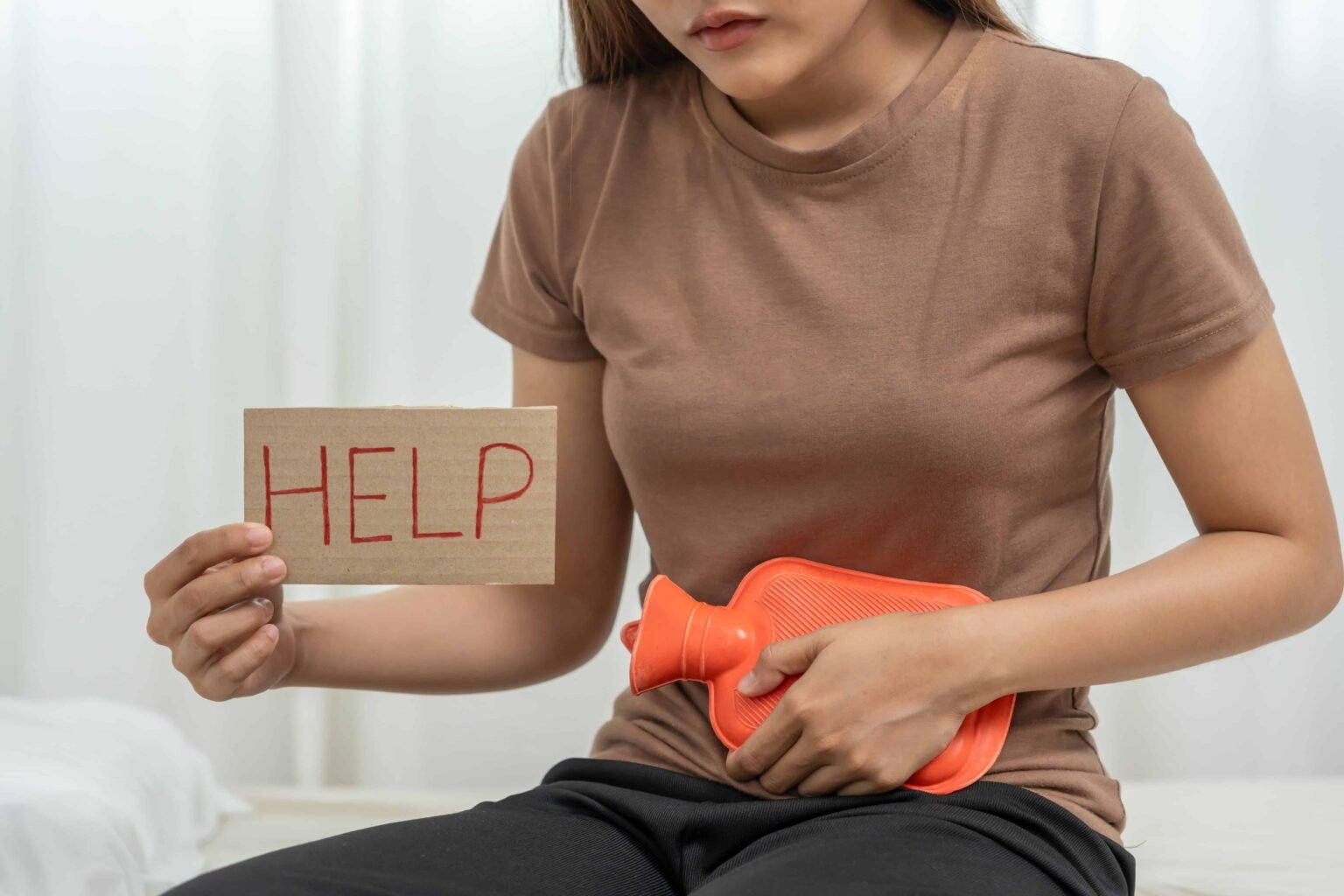Smart Living Starts Here – No Fluff!
You’ve been swamped at work for weeks—deadlines, late nights, maybe a few skipped meals. Then, halfway through your birth control pack, you spot blood where it shouldn’t be. Cue the panic spiral: Is my IUD failing? Did I miss a pill? But what if the real culprit isn’t your contraception—it’s your cortisol levels? The question can stress cause breakthrough bleeding isn’t just hypothetical; it’s a hormonal hiccup many people face. Think of your body like a frazzled juggler: too many balls in the air (hello, stress), and eventually, one drops. Let’s unpack why your stress might be crashing your cycle’s party.
Breakthrough Bleeding 101: Not Your Average Period
Breakthrough bleeding—those unwelcome mid-cycle spots—is like your uterus sending a cryptic text: “We need to talk.” It happens when hormonal fluctuations thin the uterine lining, causing light bleeding outside your regular period. Common triggers include missed pills, hormonal IUDs, or infections. But stress? That’s trickier.
Key point: Breakthrough bleeding isn’t dangerous on its own, but it’s your body’s way of waving a red flag.
The Stress-Hormone Tango: Cortisol vs. Estrogen
Here’s the deal: Stress doesn’t directly cause breakthrough bleeding, but it’s a master puppeteer. When cortisol (the stress hormone) surges, it can:
- Disrupt estrogen production: Cortisol and estrogen share raw materials. Too much cortisol steals resources, leaving estrogen levels uneven.
- Delay ovulation: A stressed-out body might hit pause on ovulation, confusing your cycle’s rhythm.
- Weaken uterine lining: Chronic stress thins the endometrium, making it prone to random shedding.
A 2018 study in Psychosomatic Medicine found that women with high stress levels were 50% more likely to report irregular bleeding.
When to Blame Stress (And When to Call Your Doctor)
Stress-related breakthrough bleeding usually shows up during high-tension moments—think exams, breakups, or cross-country moves. It’s often light, lasts a few days, and fades once you chill out. But these signs mean it’s time to dial your OB-GYN:
- Heavy bleeding (soaking a pad/tampon in under an hour)
- Bleeding after menopause
- Pain paired with spotting
Pro tip: Track your cycle and stress levels in an app like Clue. Patterns might surprise you.
4 Ways to Calm Your Nerves—and Your Uterus
1. Prioritize Sleep (Yes, Really)
Skimping on sleep spikes cortisol. Aim for 7–9 hours nightly. Try a warm bath before bed or melatonin if your brain won’t shut off.
2. Move—But Gently
Yoga, walking, or even stretching lowers cortisol. Avoid marathon workouts—they can increase stress hormones.
3. Food as Medicine
Load up on magnesium-rich foods (spinach, almonds, dark chocolate). Magnesium tames cortisol and supports hormone balance.
4. Mindfulness Over Multitasking
Even 5 minutes of deep breathing daily can reset your nervous system. Apps like Calm offer quick guided sessions.
Hormonal Birth Control: Friend or Frenemy?
If you’re on the pill, patch, or ring, stress can amplify side effects like breakthrough bleeding. Missing doses? Double trouble. Consistency is key—set a phone alarm or pair your pill with a daily habit (like brushing teeth). For IUD users, spotting is common early on, but prolonged bleeding + stress warrants a chat with your provider.
FAQ: Your Top Questions, Answered
Q: How long does stress-related bleeding last?
A: Typically a few days to a week. If it drags on, rule out other causes.
Q: Can stress delay my period AND cause spotting?
A: Absolutely. Stress can delay ovulation, stretching your cycle thin—then trigger mid-cycle bleeding.
Q: Do adaptogens like ashwagandha help?
A: Some studies suggest adaptogens lower cortisol. But check with your doctor first—they can interact with meds.
Final Thought: Your Cycle is a Stress Barometer
Breakthrough bleeding might feel like a betrayal, but it’s really your body whispering, “Hey, slow down.” Whether it’s swapping coffee for herbal tea or delegating tasks at work, small changes can steady your hormones—and your sanity. After all, you can’t pour from an empty cup… or stop your uterus from sending SOS signals.





